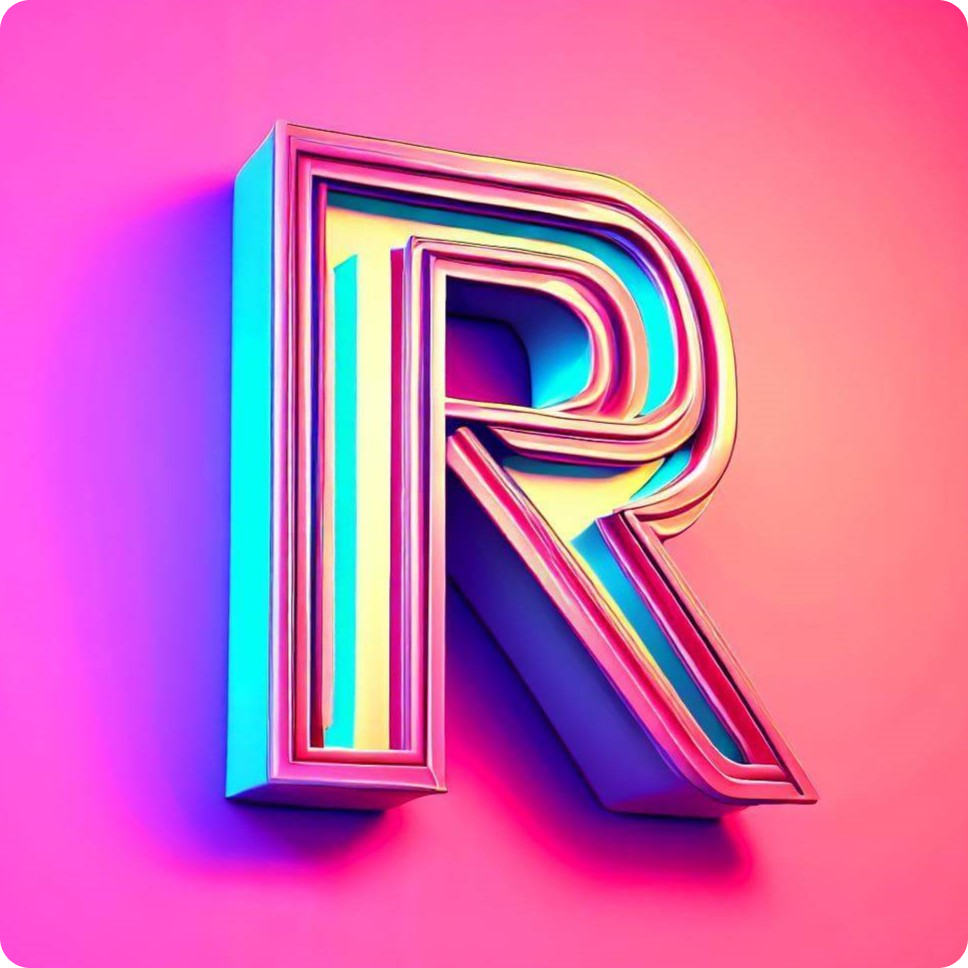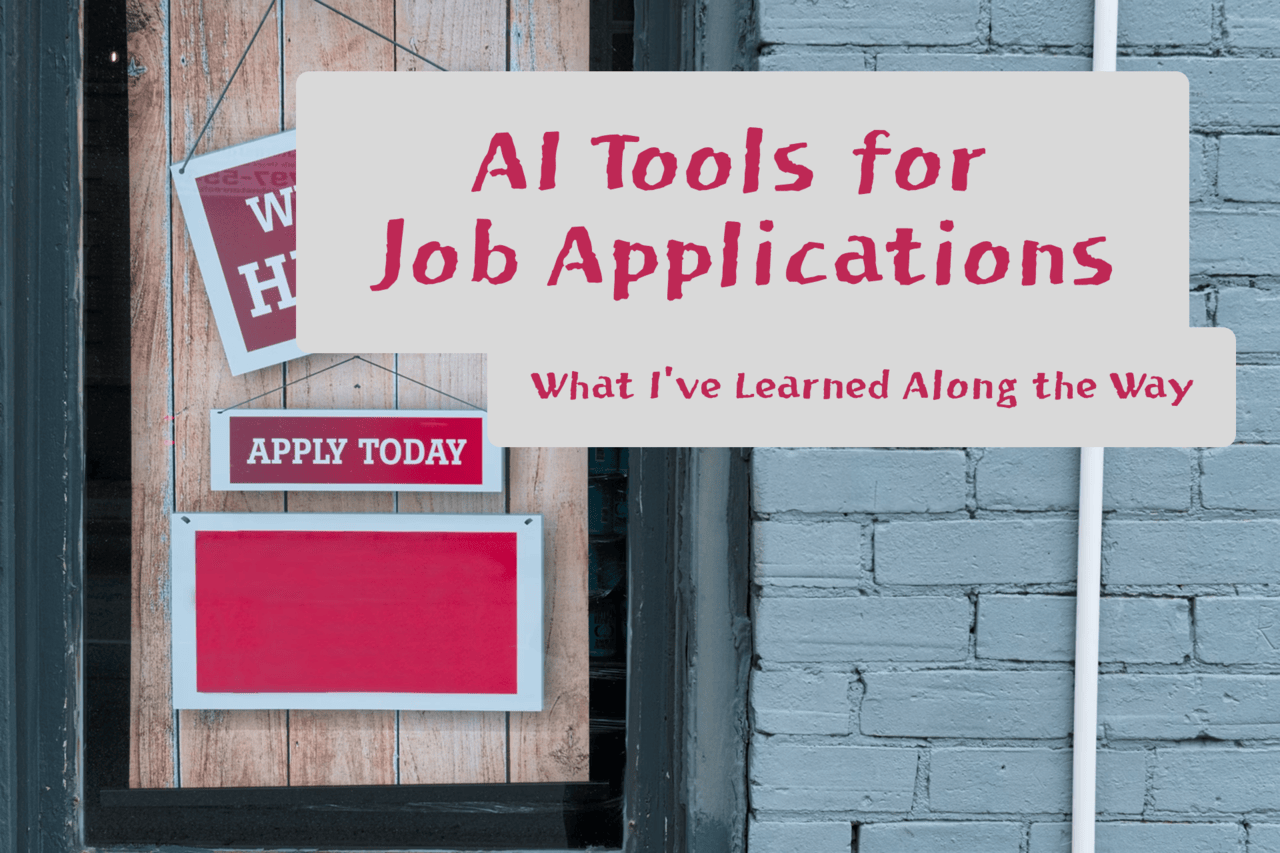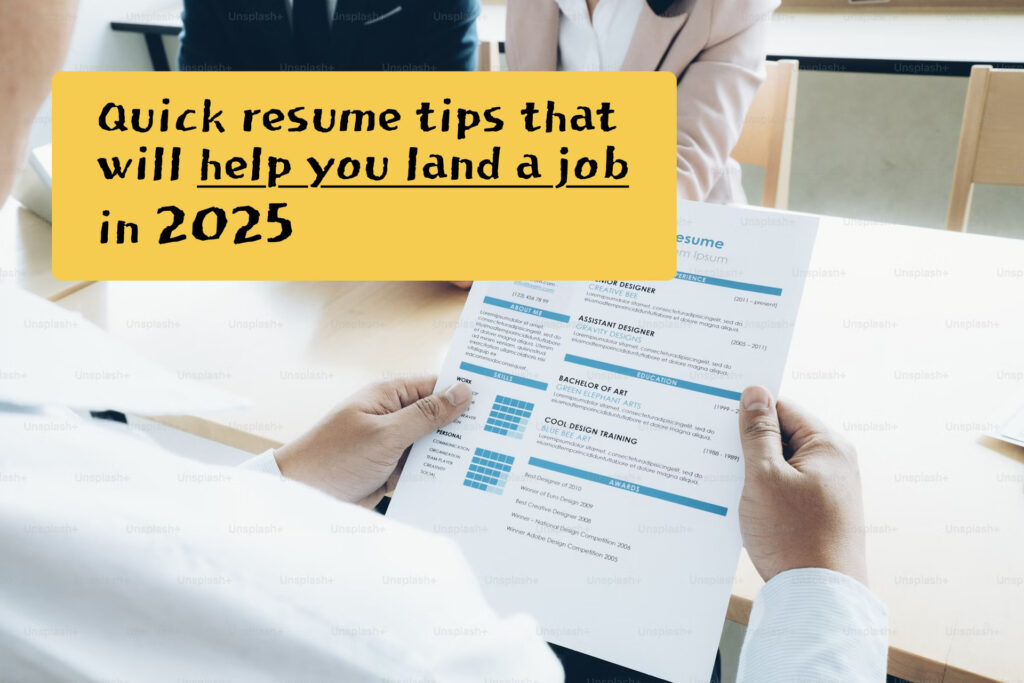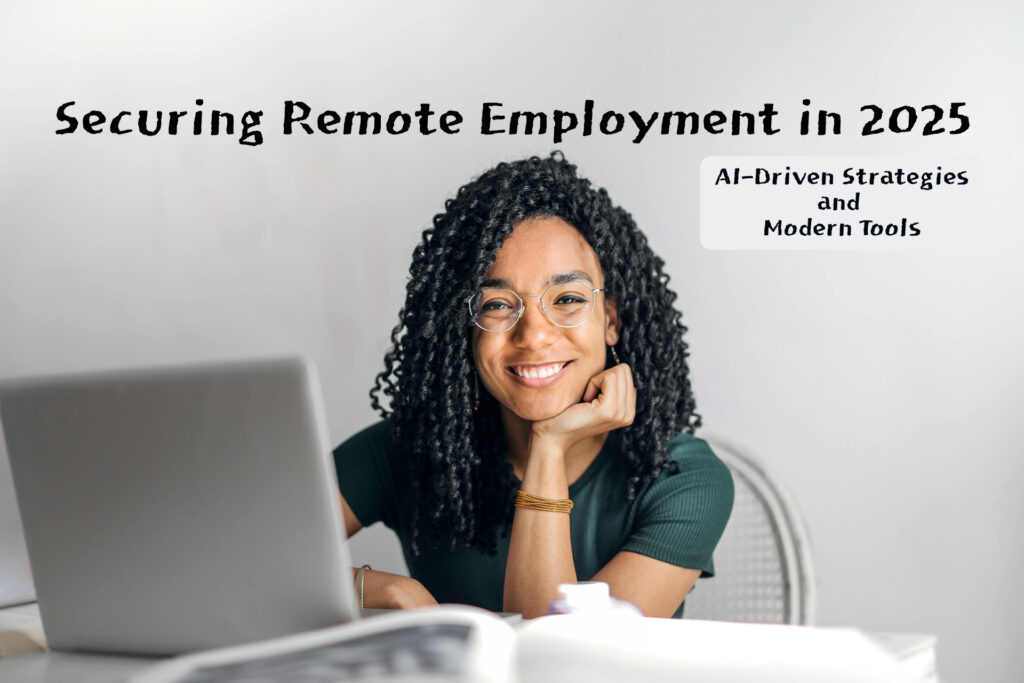After spending months in the job market and experimenting with various AI tools, I wanted to share what I’ve discovered about using artificial intelligence in the job application process. Is it a game-changer or just another tech gimmick? Here’s my take.
The Good Stuff: Where AI Really Helps
Time is Everything
Look, job hunting is exhausting. Before I started using AI tools like LazyApply, ResumeCopilot and ChatGPT, I’d spend hours customizing each resume and writing cover letters. Now? I can analyze a job description, extract keywords, and generate tailored materials in minutes. This has been a lifesaver while balancing my current part-time work and family responsibilities.
I’ve noticed these tools get smarter over time too. They pick up on industry jargon—dropping phrases like “Agile workflows” for tech roles—and learn from my successful applications.
Mental Health Matters
Let’s be honest: the constant rejection of job hunting is brutal on your mental health. By automating the tedious stuff, I’ve freed up energy for what really matters—preparing for interviews, researching companies I’m genuinely interested in, and maintaining my professional network. I’m less burned out and more focused.
Data-Driven Decisions
The ATS (Applicant Tracking System) game is real, folks. I learned this the hard way after dozens of applications disappeared into the void. AI tools have helped me optimize my resume with relevant keywords and proper formatting that these systems actually recognize.
Some tools even flag skills I’m missing compared to job requirements. When I saw “SEO analytics” popping up in marketing roles I wanted, I took a quick online course to fill that gap. Smart move in retrospect.
The Pitfalls: When AI Made Things Worse
The Cookie-Cutter Problem
I cringe thinking about some of the early AI-generated cover letters I sent out. They were technically “correct” but lacked any personality. A hiring manager at a startup actually told me during an interview that my application felt templated—talk about embarrassing! AI often misses personal touches like specific achievements or company insights that show you’ve done your homework.
Spray and Pray Doesn’t Work
There was a week where I used Sonara to apply to literally everything that matched my keywords. Big mistake. I ended up in interviews for roles I was completely wrong for, wasting both my time and the recruiters’. The flood of rejection emails didn’t help my confidence either.
Skills Get Rusty
I noticed something concerning after a few months of heavy AI use: during interviews, I struggled to articulate my value proposition clearly. By outsourcing my personal branding to AI, I’d gotten rusty at telling my own story. And no AI tool can replicate the gut feeling you get from networking events or the spontaneity needed in interviews.
The Ethics Question
I’ve had some awkward moments when interviewers asked pointed questions about specific phrases in my cover letter that sounded, well, not like me. As more companies adopt AI detection tools, this risk is only growing. Plus, I’ve caught some AI suggestions using subtly gendered language or undervaluing my non-traditional work experience.
My Working Strategy: Finding Balance
The Three-Tier System
Here’s what works for me now:
- Dream Jobs: For roles I really want, I do everything manually. I research the company culture, reference recent news in my cover letter, and try to connect with current employees on LinkedIn. Worth the extra hours.
- Good Matches: For roles that look promising, I use AI for the initial structure and keyword optimization, but then heavily personalize. I add specific metrics from my experience (“Boosted engagement by 25%”) and personal anecdotes.
- Long Shots: For reach positions, I let AI handle more of the work but set filters (at least 60% skill match) to avoid completely inappropriate applications.
Draft, Don’t Delegate
I now treat AI as my first draft writer, not my final editor. After getting the AI output, I always ask myself:
- Does this sound like me?
- Are my unique achievements highlighted?
- Does it show I understand this specific company’s challenges?
If the answer to any of these is no, I revise until it feels authentic.
Network + AI = Success
The biggest revelation? AI works best when paired with human connections. I use ChatGPT to draft initial LinkedIn outreach messages, but always add personal touches like congratulating someone on a recent promotion or mentioning a shared interest.
Even with all the AI help in the world, referrals still triple your interview chances. My most promising leads have come from using AI to identify roles, then asking my network for introductions.
Learn and Adjust
I track all my applications in Airtable, noting which were heavily AI-assisted versus manually created. When patterns emerge (like AI applications getting fewer responses), I adjust my approach.
Bottom Line: AI is My Copilot, Not My Replacement
After all this experimentation, I’ve found AI tools are transformative but only when they augment—not replace—my personal effort. They’re fantastic for scaling applications and optimizing for those pesky ATS systems, but they can’t convey my passion or unique story.
My winning formula: I use AI for the middle of my job search process (the application grind), but I lead with human-driven research to identify target companies, and I close with real networking to secure referrals and interviews.
In today’s competitive job market, authentic applications stand out more than ever. Using AI intelligently isn’t just ethical—it’s strategic.



